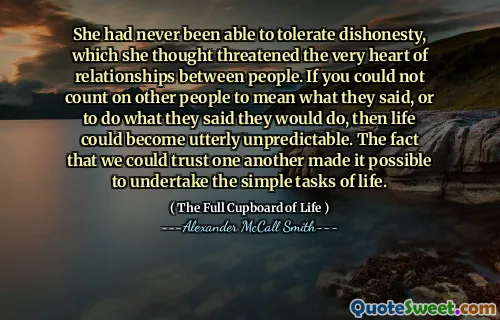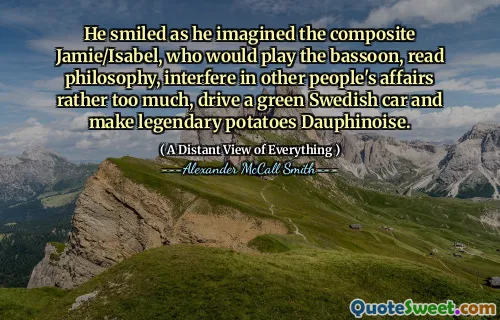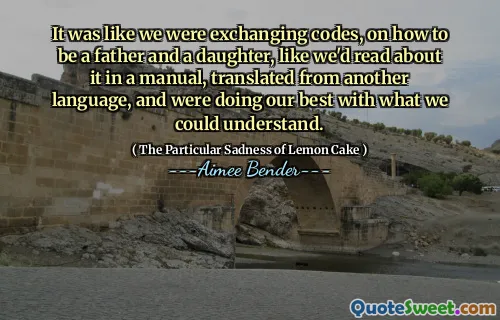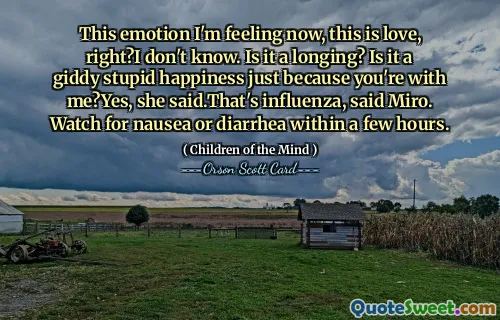
people cannot and do not want to live unrelated to others.
Humans are inherently social beings who derive much of their meaning, fulfillment, and identity through relationships with others. This interconnectedness is at the core of our existence; it shapes our values, our sense of community, and our personal development. When the quote states that people cannot and do not want to live unrelated to others, it underscores the natural human inclination toward social bonds and interconnectedness. While modern society often emphasizes individualism, independence, and self-sufficiency, these ideals coexist with our deep-seated need for connection. People seek companionship, support, and shared purpose, which in turn foster empathy, understanding, and cooperation. The absence of social bonds can lead to feelings of isolation, loneliness, and mental health issues. Conversely, strong community ties can provide resilience against hardships, promote well-being, and enhance collective growth. Understanding this intrinsic need for connection is essential when considering social policies, organizational structures, educational approaches, and mental health strategies. It suggests that meaningful relationships are not just desirable but fundamental to human happiness and survival. The recognition of our innate social nature can inspire more empathetic and inclusive societies where everyone's need for connection is acknowledged and nurtured. The quote reminds us that living in harmony with others is not merely a social choice but an essential aspect of our human condition, emphasizing the importance of fostering authentic connections in every facet of life.






